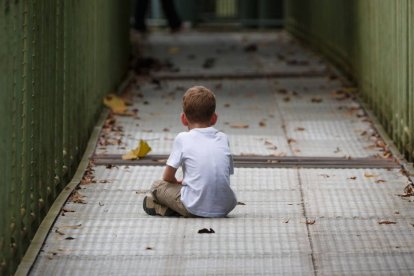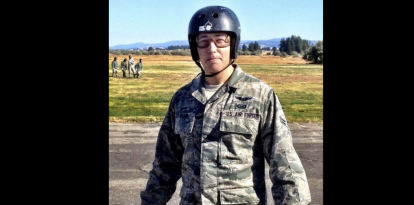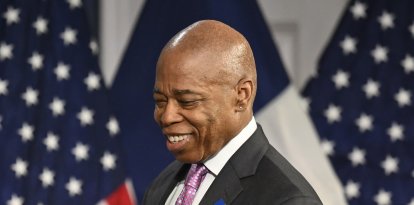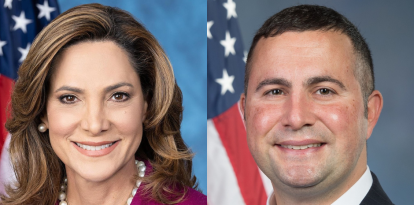Down to the wire: The bill that aims to toughen penalties for child trafficking heads to the California Legislature
Despite the resistance of a large number of Democratic legislators, the bill passed Appropriations and is now headed back to the California Legislature.

Uwe Aranas/ CEphoto
After a suspenseful few weeks, California State Senator Shannon Grove got the SB14 bill, which toughens penalties against child trafficking, to move forward in the State Assembly. The bill, which passed unanimously in the Senate, had been in the Appropriations Committee since August, due to the Democratic majority which was in favor of other types of lighter punishments against these crimes. Governor Gavin Newsom was key in getting the bill to pass in the most recent vote.
Newsom's support has been crucial
Now that the bill is out of the Appropriations Committee, things are starting to look up. The bill will go back to the California Legislature where it looks like it may be passed before the estimated date of September 14. Newsom decided to step in to revive the stalled bill. He even reached out to Democratic lawmakers and encouraged them to vote in favor of the bill. This seems to indicate that once the bill reaches his desk for him to sign into law, there shouldn't be any problems or delays.
Senator Grove, who fought tirelessly to move the bill forward without modifying the key points (it is a three-strike law, which progressively toughens the penalties for crimes), thanked the members of the Commission for their final approval. The last amendment that was made has to do with protecting victims, something that, according to Grove, was already included in the wording.
The anti-trafficking bill passed unanimously in California Senate
SB14 passed unanimously in the state Senate, but it came crashing down in its first vote in the Assembly's Public Safety Committee. Democratic Assembly Majority Leader Isaac Bryan voted against it because, according to him, “longer sentences…increase our investment in systems of harm and subjugation at the expense of the investments that the communities need to not have this be a problem to begin with." This was so controversial that Newsom decided to get involved. The bill finally returned to the committees where it eventually passed.
RECOMMENDATION





















